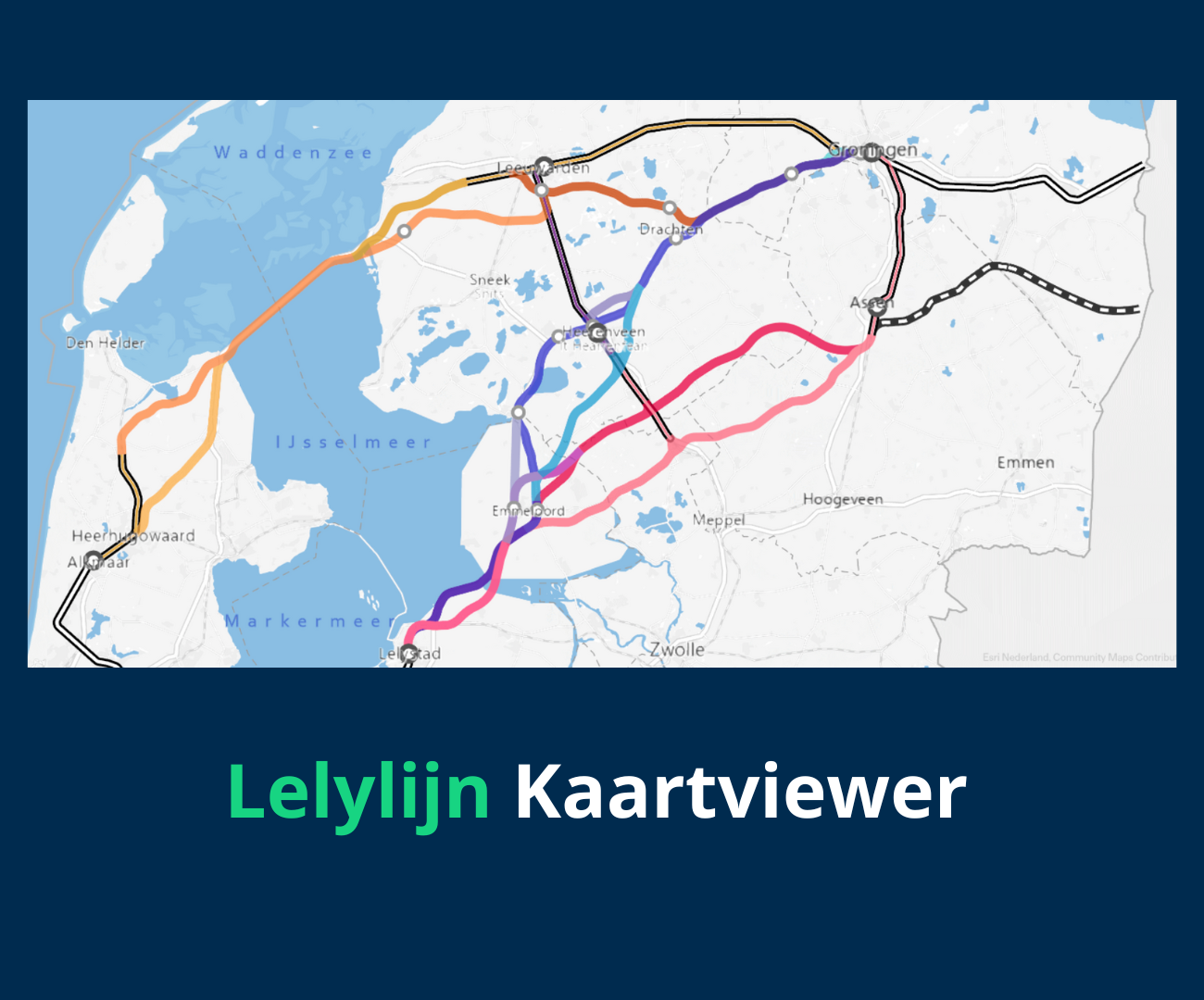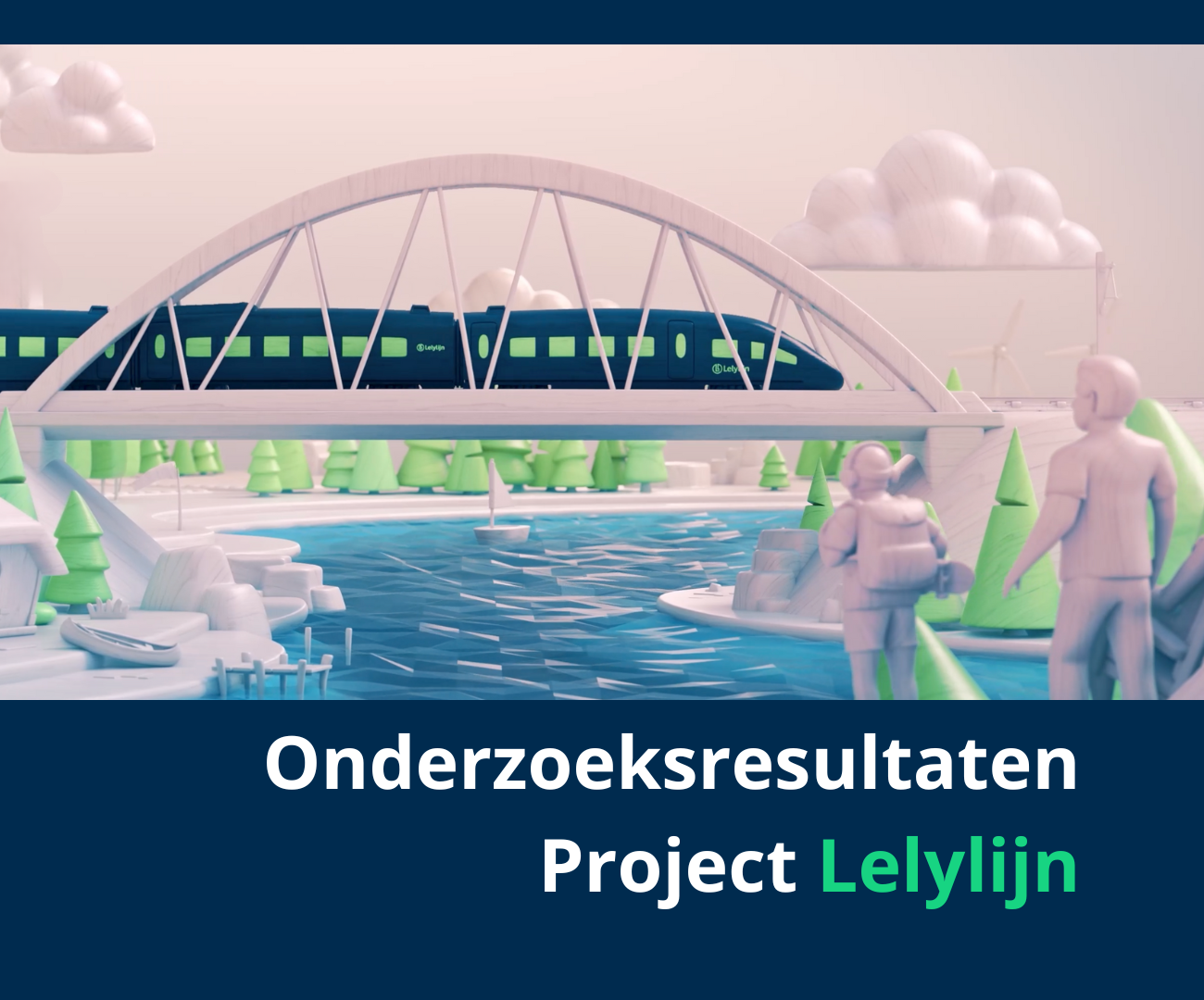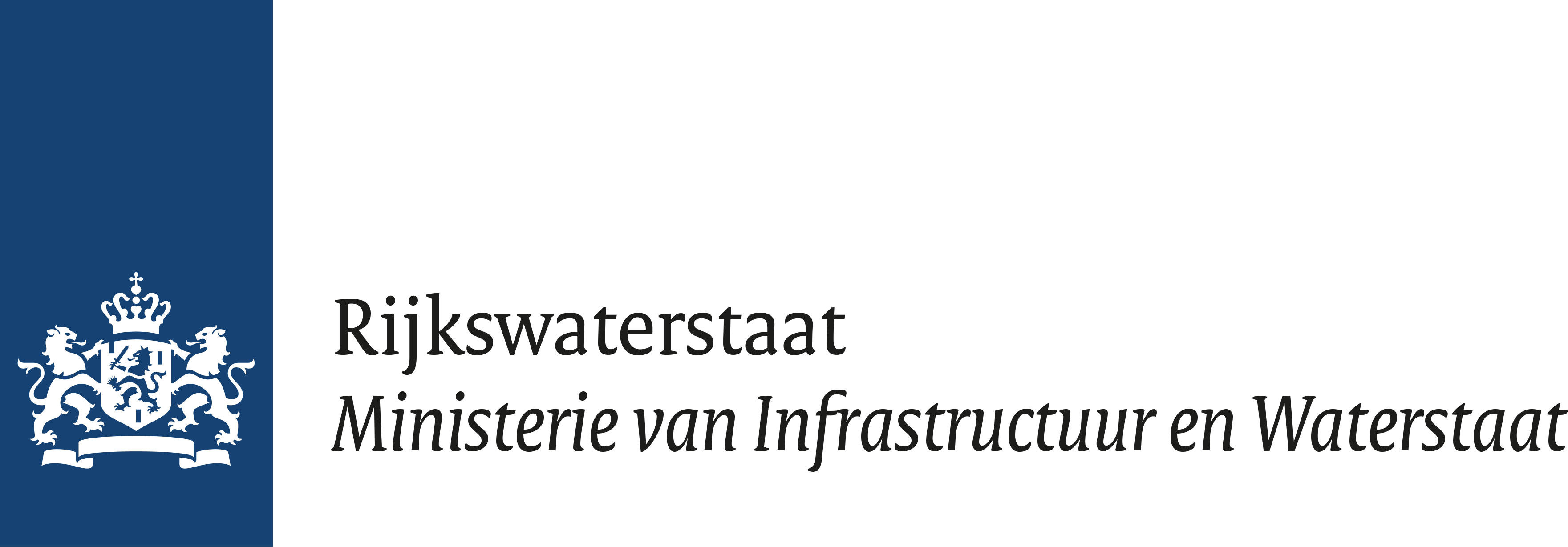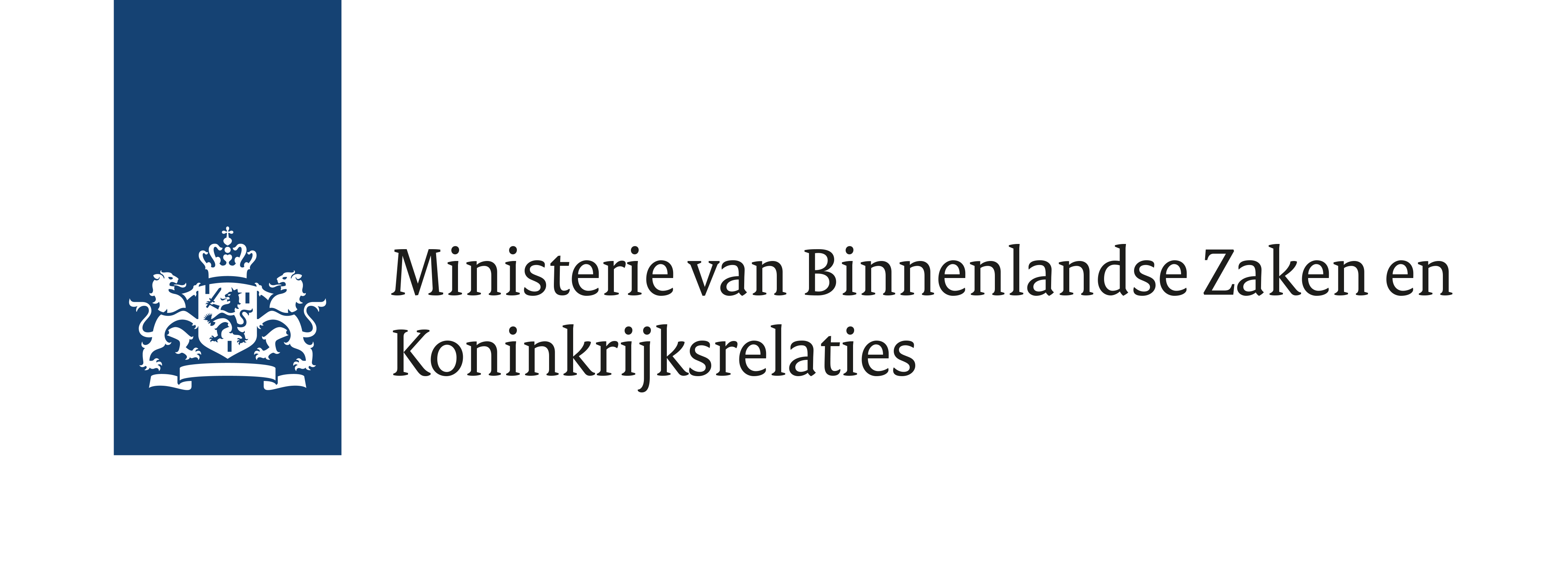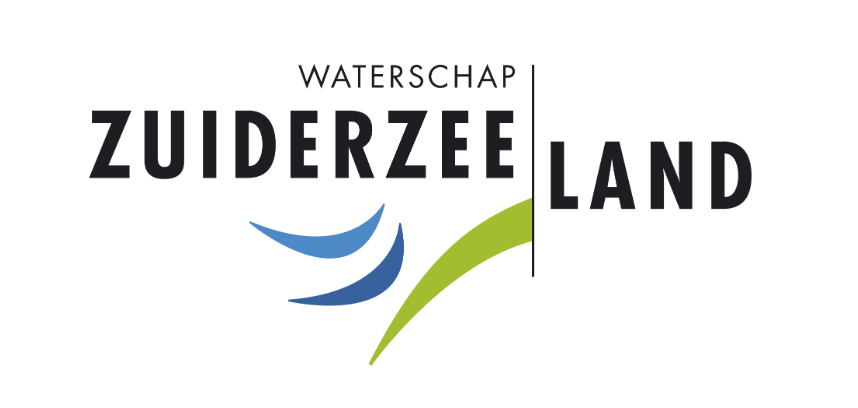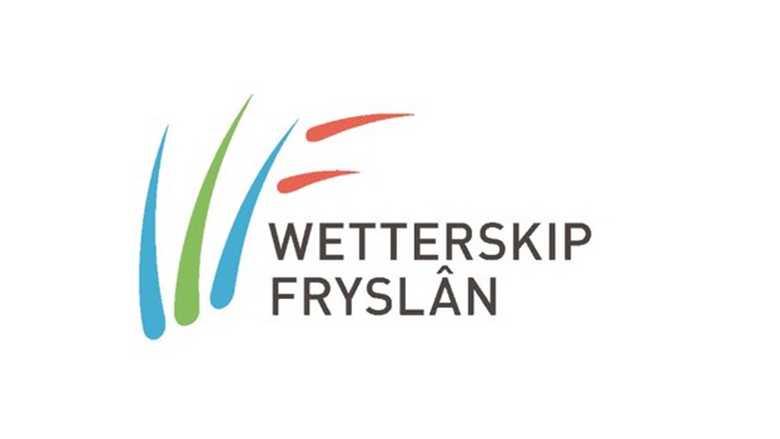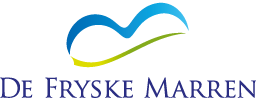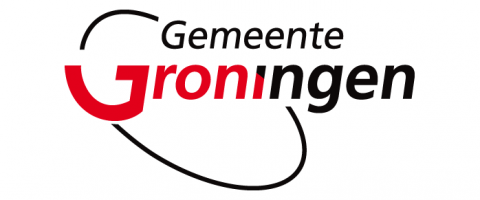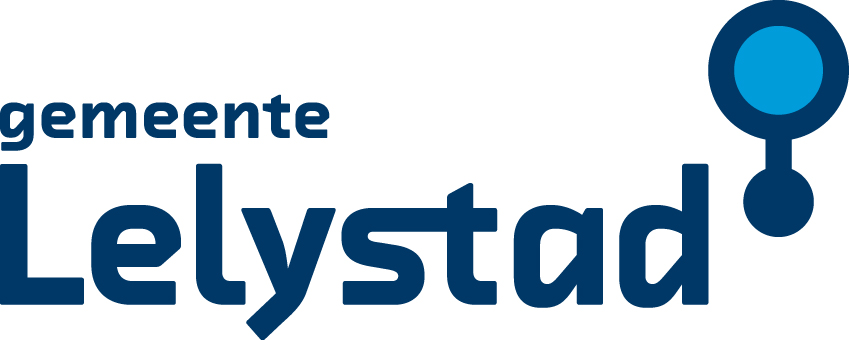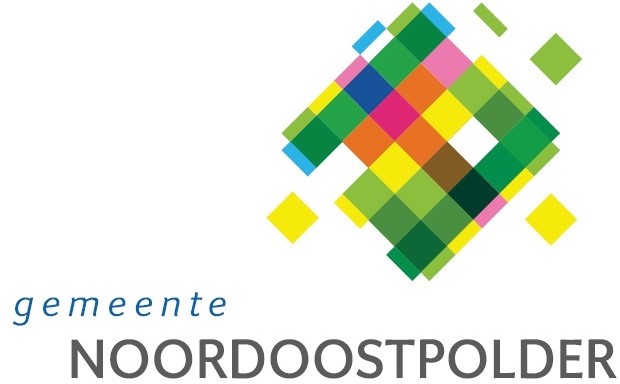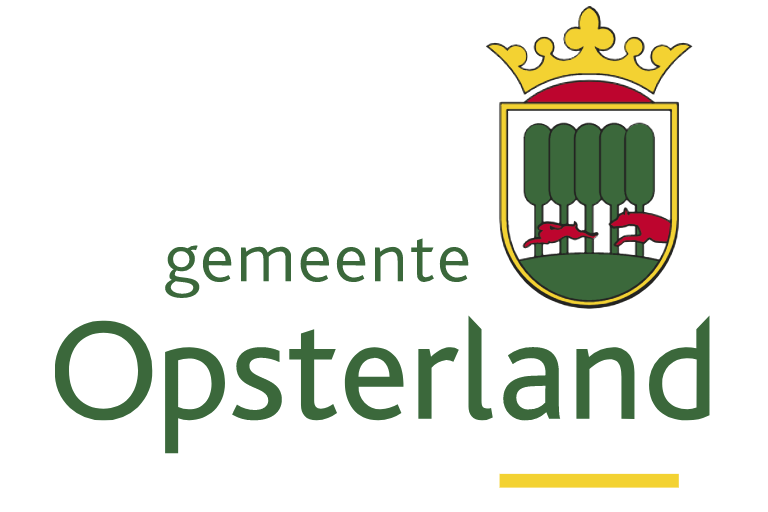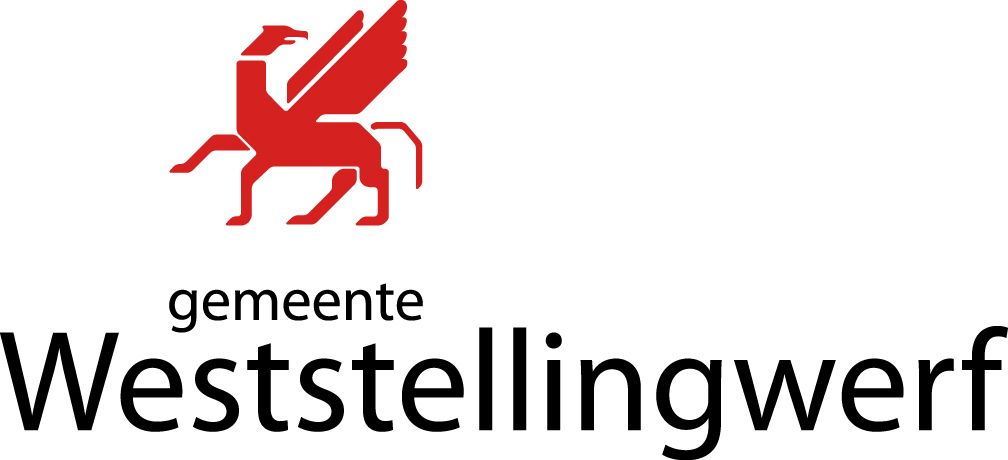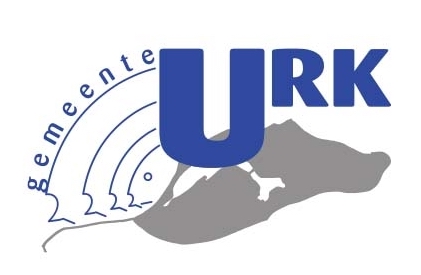09 February 2024
Residents want fast and green Lelylijn that strengthens economy (May 15, 2023
More than 11,000 residents participated in an online citizens’ consultation on the plans for the Lelylijn. The main results are that residents think it is important that the Lelylijn provides a faster rail connection between the Northern Netherlands and the Randstad and that nature is affected as little as possible by the new rail link. Residents of the Northern Netherlands believe it is important that the line provides equity and a stronger economy. The consultation was commissioned by the project team Lelylijn. This is a collaboration between the national government and the regional governments of the Northern Netherlands. It is the first time that residents have been involved in infrastructure plans this early, normally there is room for participation only later in the process. The online consultation did not ask residents whether they are for or against the Lelylijn, but provided space to share preferences, concerns and ideas with the government.
State Secretary Vivianne Heijnen (Infrastructure and Water Management): “I am delighted that so many people took the trouble to fill out the consultation and passed on their ideas about the connection. With this survey we have connected the kitchen table with the drawing board and that is invaluable. I think it is very important to know what residents want, what they expect and where their concerns are. Therefore, I will certainly take these results into account in the further development of the plans.”
Commissioner of the King René Paas (Groningen): “A fast Lelylijn with respect for nature and preservation of regional identity: that is a shared view from the consultation. The consultation also shows that the differences ‘how people think about the Lelylijn ‘ between residents from the North and the rest of the Netherlands are not great. De Lelylijn could well be the connection between the North and the rest of the Netherlands – and vice versa.”
Representative research
The results of the consultation are divided into three groups: a group that gives representative results for residents from all over the Netherlands, a group that gives representative results for residents from the Northern Netherlands and the results of the open consultation that could be filled in by anyone. There are no major differences between the two representative groups. What is noticeable is that the representative group from the Northern Netherlands considers stimulating a nice job, good accessibility and a strong economy more important. Among the representative group from the Netherlands, promoting the train over the car and plane scores higher. The results of the open consultation differ more from the representative groups. Probably it is precisely people who want to use the The fast train connection between the North and Randstad. www.delelylijn.nl connection or have concerns about the line, who filled in the questions. A short travel time gets the highest rating in this group. Many (sometimes detailed) ideas and concerns were also provided through the online consultation. For example, people have less preference for a fast line if it leads to much inconvenience for local residents and there are no or few intermediate stations between Groningen/Leeuwarden and Amsterdam. In the continuation of the research into the Lelylijn, the results and ideas will be considered in the various alternatives that will be worked out. The pros and cons of each possible route will be identified.
Continued
Plans for the Lelylijn have yet to be worked out and a final decision for the construction of the Lelylijn has yet to be made. The results of this study will be included in that elaboration. The participation process does not end with this online consultation either. An accessibility study examining various basic alternatives and a development strategy for the entire area will be investigated. In both studies, residents and organizations will be consulted, for example entrepreneurs, educational institutions and social organizations. The goal is that, by the fall of 2024, the national and regional governments will have jointly determined a preferred alternative for which the corresponding financing has been found.



